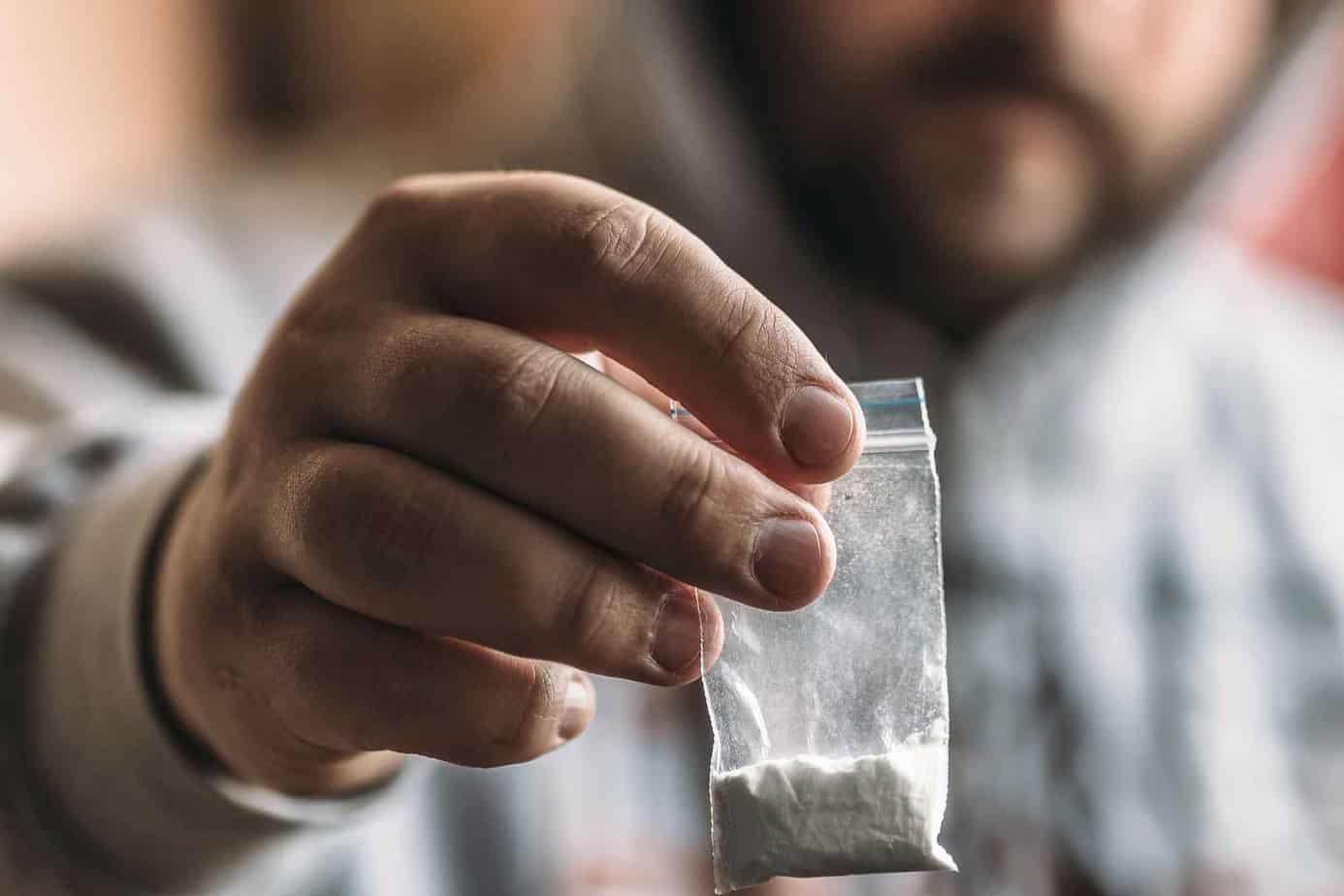Sometimes we use a word or phrase without even thinking about the negative connotation that it carries. As language evolves, so do people’s opinions of what words bear stereotypes. With addiction, the nuance of every word that describes individuals using drugs and alcohol and the experience itself matters deeply. In order to reduce the stigma surrounding addiction and help those affected by the disease, it is important to be mindful of the words we choose.
The Stigma Surrounding Substance Abuse
For years, history tells us that medical practitioners have looked at addiction as a moral failing, “debauch,” even considering alcoholism a “form of insanity.” The word “alcoholism” did not even breach medical literature until 1849, and the study and treatment of the disease did not begin in earnest until the early 20th century. During this time, some states even considered sterilizing those with addiction and other mental disorders in an act of eugenics.
The stereotypes perpetuated in the twentieth century did not help the image of addiction—if anything, they further harmed it. Verbiage from PSAs such as Nancy Reagan’s “Just Say No” T.V. campaigns and the now-infamous images of “your brain on drugs” (i.e. an egg sizzling in a hot pan) was directed at teenagers and focused on deterring drug use by using scare tactics. But these PSAs, among others that launched during the widespread use of crack cocaine in the 80s, included some disparaging phrases—“if you do drugs, you go to hell before you die” being a notable “Just Say No” line. These campaigns not only further stereotyped drug use, but didn’t offer any support to those using.
How Language Perpetuates Addiction Stigma
A study by the Recovery Research Institute asked participants how they viewed someone who actively uses drugs or alcohol. To one group of participants, users were referred to as “substance abusers,” and to the other group, users were described as “having a substance use disorder.” The study concluded that people thought “substance abusers” were less likely to benefit from treatment and more likely to benefit from punishment. They were also perceived as being more socially threatening and more likely to be responsible for their substance-related difficulties. The word “abuser” makes a distinct difference, as it implies an innate toxicity compared to someone who is diagnosed with a disorder.
Research in 2020 revealed that even in the twenty-first century, medical writers use pejorative words such as “addict” and “abuser”. Over 40 percent of publicly accessible articles still include the stinger “alcoholic”. These research papers and reviews are widely used in addiction treatment and only further perpetuate the stigma within addiction research itself.
Words to Avoid When Talking About Addiction
The addiction community’s goal is to reduce stigma. So, they have set a new standard for addressing substance use by implementing respectful language. The changes intend to minimize the blame on the individual, and to look at drug and alcohol use as a condition of the brain. Some of these words make their way into everyday conversation but can have a negative impact without us even knowing.
Relapse
To some, this word may seem benign, but the term “relapse” implies an intrinsic moral failure or lack of personal conviction. Think of it like a “lapse” in judgment, a bad call—it places individuals at guilt. “Recurrence” is a more appropriate term to describe an incident when a person in recovery—for whatever the reason may be—returns to their substance of choice or uses something new. However, it is not a problem of willpower or just saying “no,” but an aspect of their recovery. Therefore, when referring to a substance use disorder, using a term like “recurrence” implies that addiction is a medical condition just like any other.
Addict/Alcoholic
While some people refer to themselves as an “addict” or an “alcoholic,” more and more people prefer to be called “someone in recovery” or a “person with a substance use disorder.” This person-first language gives autonomy to the user, putting them before their diagnosis instead of defining them by their disease. Rather than being called “a former addict,” being referred to as someone in “long-term recovery” implies they have overcome staggering difficulties and are continuing on a path to improve their life.
Junky/Junkie
“Junkie” became popular in the 1920s to describe heroin users who sold discarded scrap metal to pay for drugs. A heroin user himself, William S. Burroughs wrote Junkie, published in 1953, about the use of this drug, and the popularization of this word in media hasn’t died down since—both Ozzy Osborne and Brockhampton have a song by the same name. But the colloquial use of this term has consequences, addressing the person using the substance as the problem, as “junk”. Instead, people should be referred to as someone who has an alcohol or drug use disorder.
Drunkard/Drunk
Calling someone a “drunk” or a “drunkard” is not unlike calling someone an “alcoholic”—it emphasizes not only the substance itself, but the negative effects of alcohol on the brain. It reminds the person of their conditional relationship with alcohol, the parasitic cycle of consumption. A better alternative would be “someone with alcohol dependency” or “someone who misuses alcohol.”
Dirty/Clean
The implication that a drug user is “dirty” not only has racist and classist undertones, but it is evident of the misunderstanding that a drug is like a contamination, a filth. Saying that the person is “clean” implies they’ve obtained some sort of moral bearing, that they’ve achieved something pure. Becoming sober is not as simple as flicking off a light switch; it is complex, it takes work, and it requires trial and error. If someone is being tested for drug use, a better way to reference this is to say that their test either came back negative or positive.
Advocates in the recovery community are constantly working to destigmatize addiction. Addiction is not a personal weakness, and many of the words popularized to talk about substance use are tainted with bias. Working towards destigmatization can only help those who are experiencing substance use disorder feel understood so that they can better find treatment. Individuals in recovery are becoming more comfortable telling their stories in public, and more and more addiction resources are reshaping their language to be more inclusive. Words can have big impacts, no matter how small they may seem. Being mindful of these consequences is essential for the growth of the addiction community.
If you or a loved one is struggling with addiction, Mountainside can help.
Click here or call (888) 833-4676 to speak with one of our addiction treatment experts.

 By
By 




